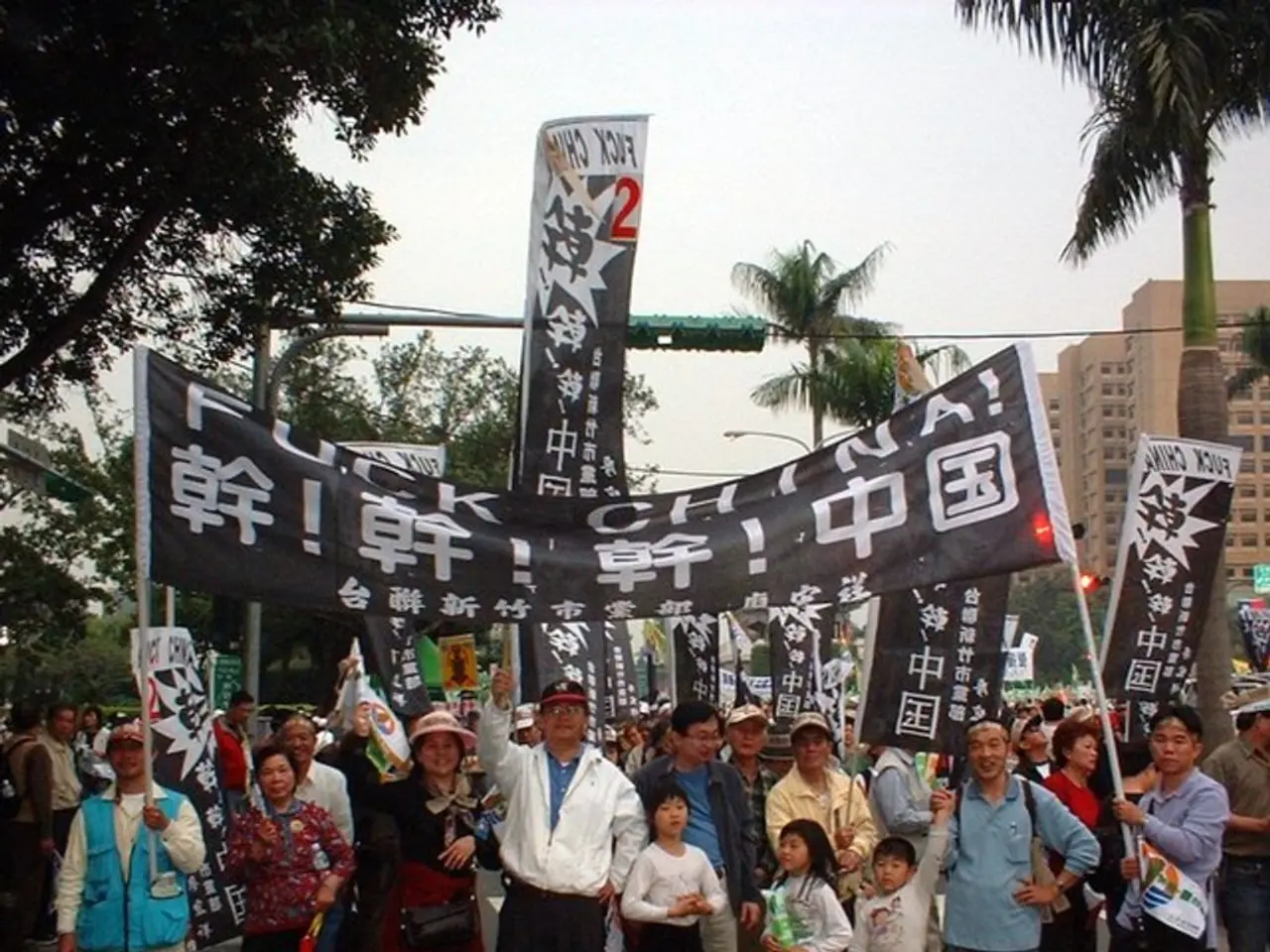Early Coalition Conflicts: SPD Pushes for Early Warning Systems
In the heart of Berlin, SPD chairwoman Baerbel Bas has called for better conflict management within the coalition, as the dispute over the appointment of constitutional judges continues to unfold. This dispute, a sensitive matter in coalition settings such as the SPD's participation, has sparked a need for effective internal conflict resolution mechanisms.
The German model of coalition conflict resolution relies on consensus and respect for ministerial domains. It encourages departments or ministries to engage in consultation and negotiation within committees or informal networks, aiming to reconcile differences and ensure endurance and adherence to agreements. This approach emphasizes interministerial coordination and guidelines, steering clear of formal arbitration or centralized decision-making.
The internal mechanisms of the German coalition governments operate by encouraging proactive cross-party coordination and consensus, particularly in sensitive areas like constitutional judges' appointments. By fostering a culture of dialogue and compromise internally, these mechanisms aim to prevent public disputes, such as the ongoing one over the appointment of constitutional judges.
SPD chairwoman Baerbel Bas has proposed early warning systems within the factions as part of the proposed mechanisms for internal conflict resolution. These systems are designed to help detect potential conflicts early, aligning with Bas's call for better early warning systems to handle coalition conflicts and prevent public clashes.
However, it remains unclear whether these mechanisms will be applied to resolve the current dispute over the appointment of constitutional judges. Baerbel Bas has not commented on this specific point, and the proposed mechanisms do not include any external mediation or arbitration processes to resolve conflicts within the coalition.
Bas's proposals aim to prevent similar incidents from recurring in the future. Clarity is needed on whether there are sufficient majorities for the government's or coalition's initiatives within the factions. When doubts and criticism from MPs arise, it should be clear where a faction stands on the government's or coalition's initiatives.
The proposed mechanisms are intended to be in place by September, as per Bas's call for better conflict management within the coalition. The SPD chairwoman has yet to announce any specific details about the early warning systems within the factions.
In summary, the German coalition conflict resolution model relies on consensus, respect for ministerial domains, and early detection of potential conflicts. By fostering a culture of dialogue and compromise internally, it aims to prevent public disputes and promote a more harmonious coalition environment. The ongoing dispute over the appointment of constitutional judges serves as a testament to the need for effective internal conflict resolution mechanisms within the coalition.
In the context of the ongoing dispute over the appointment of constitutional judges, the SPD chairwoman Baerbel Bas has proposed the implementation of early warning systems within the factions. These systems aim to help detect potential conflicts early and prevent public clashes, as part of a broader strategy for internal conflict resolution in German coalition governments.
Moreover, the proposed mechanisms for conflict resolution emphasize proactive cross-party coordination and consensus, particularly in sensitive areas like the appointment of constitutional judges, with the goal of maintaining a harmonious coalition environment. However, it remains uncertain whether these mechanisms will be successful in resolving the current dispute, as they do not include any external mediation or arbitration processes.








